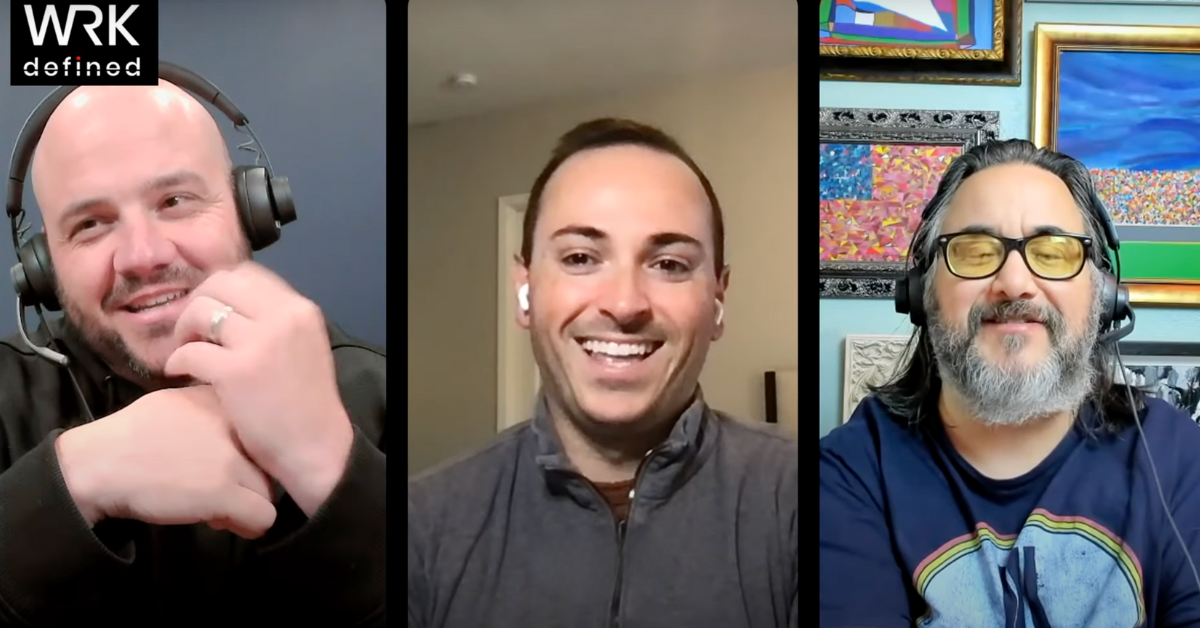Newsweek: Gen Z Think the Retirement Age Should Be Lower
This article was first published in Newsweek.
The average retirement age in the U.S. is between 64 and 66 years old, but a new survey has found that Gen Z would like it to be lower.
The poll, conducted by Talker Research between December 23 and 30, surveyed 1,000 employed U.S. adults and provides insights into how different age groups view retirement.
When asked at what age the retirement age should be set, Gen Z respondents (aged 18-26) had the lowest average response at 61.6 years, compared to 62.8 years for millennials (aged 27-42).
As respondents grew older, their acceptance of a higher retirement age increased. Generation X (ages 43-58) indicated a preferred retirement age of 63.6 years, while Baby Boomers (ages 59-77) suggested 66.8 years. The Silent Generation (ages 78-98) had the highest average, proposing a retirement age of 69.4 years.
Key Findings
- 22 percent of Gen Z believe the retirement age should be set below 55, compared to only 11 percent of millennials, 7 percent of Gen X, and just 1 percent of Baby Boomers.
- The majority of respondents across all age groups support retirement between ages 60 and 69, but younger generations lean toward the lower end of this range.
- While 50 percent of Baby Boomers think retirement should occur between ages 65 and 69, only 23 percent of Gen Z share this view.
Dovile Gelcinskaite, senior talent manager at Omnisend, weighed in on some potential reasons for the generational difference. "Economic shifts have given rise to a certain mindset regarding finances and work. Gen Z have seen older generations delay retirement due to rising living costs," he said.
"They've been exposed to social media trends like #actyourwage and #lazygirljob, as well as new financial ideologies like FIRE (Financial Independence, Retire Early)."
Last year, another poll found that younger people, particularly those in Gen Z, were more likely to want to work shorter days. The survey found that for Gen Z, the ideal working day would be six hours long.
"I think all of this leads to Gen Z largely viewing work as a means to an end, not their life's purpose—which means that many in this generation have no desire to work more than strictly necessary, let alone partake in grind culture," Gelcinskaite said.
Some parts of Gen Z are taking matters into their own hands, like Toronto-based micro-influencer Jane who is on track to retire in her 30s.
While Gen Z might not be facing the best financial odds, the young generation does seem to be getting a leg up on their retirement savings, according to a report released in September 2024.
A Payroll Integrations report found that more than half of Gen Zers with a retirement plan were contributing 11 percent or more of their salary. Comparatively, only 37, 41 and 32 percent of millennials, Gen X and baby boomers, respectively, were doing the same.


